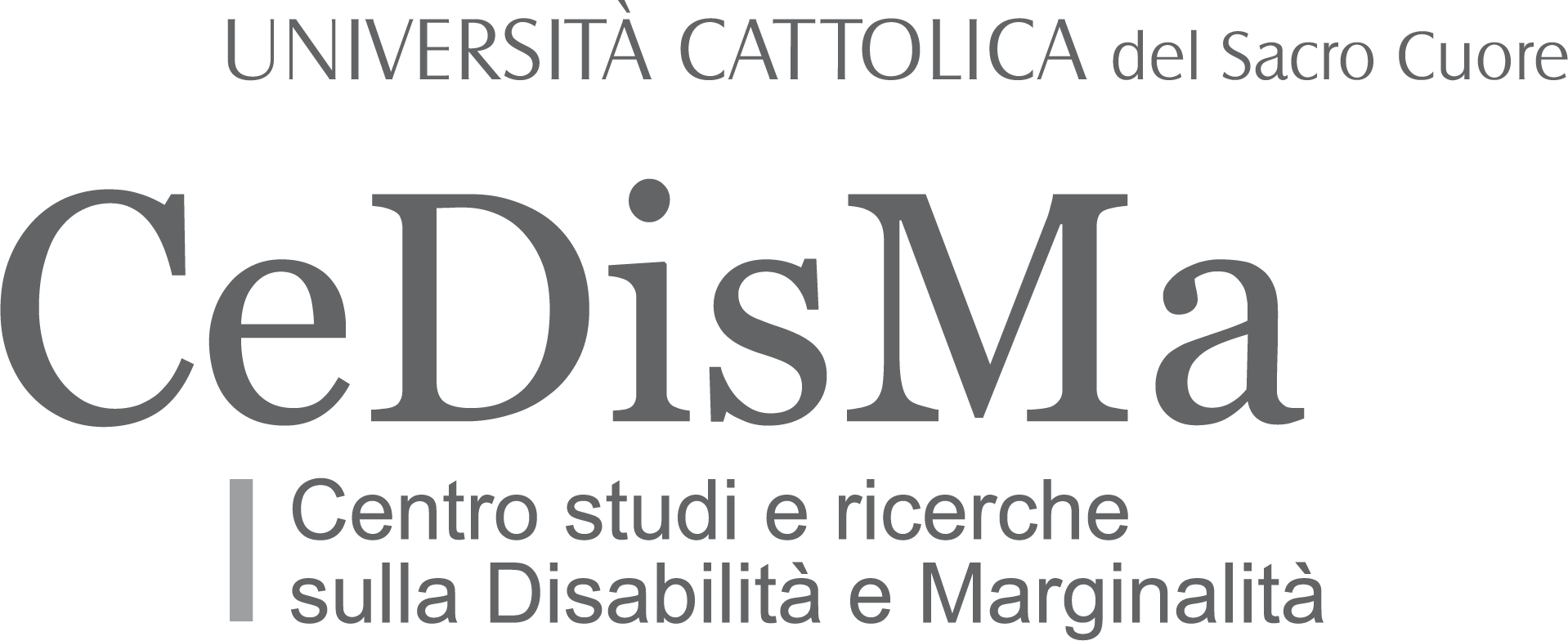The psycho-physical well-being of the teacher can be seen as a resource for the prevention and management of problem behaviour in the classroom.
The inclusion process in our country has given rise to schools rich in numerous experiences and testimonies of great professionalism, competence, humanity and helpfulness towards each and every one.
Our classrooms welcome all types of diversity and issues, significantly enriching learning and growth experience not only of the student, but also and above all of the teacher. However, complexity also often manifests itself through behaviour that is difficult to understand and manage in the group.
Within this reality lies a significant personal dimension of the teacher, which is often underestimated or overlooked and on which it is important to dwell: the awareness of one’s own wellbeing (or discomfort) at school.

Many of the problematic situations are inadvertently triggered by teachers and this is where we need to start with the prevention of stressful behaviour in the classroom.
Recognising one’s own stress level is one of the cornerstones for dealing with problematic situations, and becoming aware of its presence in our daily lives is important for dealing with school life in the best possible way.
Stress manifests itself especially when the demands coming from outside require more effort than we are able to give at that moment.
In these situations, all the skills acquired so far (communicative, relational, social, self-regulatory) may be significantly reduced.
This affects children as well as adults and therefore also closely involves teachers.
Our ability to cope with very complex situations depends on our coping strategies, i.e. the set of adaptive mechanisms that each individual puts in place to cope with emotional and interpersonal problems in order to manage, reduce or tolerate stress and conflict.
For further reading:
- D’Alonzo L., Come fare per gestire la classe nella pratica didattica. Guida base. Giunti, EDU, Firenze, 2017 https://www.giuntiedu.it/product/come-fare-gestire-la-classe-nella-pratica-didattica
- D’alonzo L., Come fare per gestire i comportamenti problematici nella pratica didattica. Guida operativa per la scuola secondaria. Giunti, EDU, Firenze, 2019.
https://www.giuntiedu.it/product/come-fare-gestire-i-comportamenti-problematici-nella-pratica-didattica





